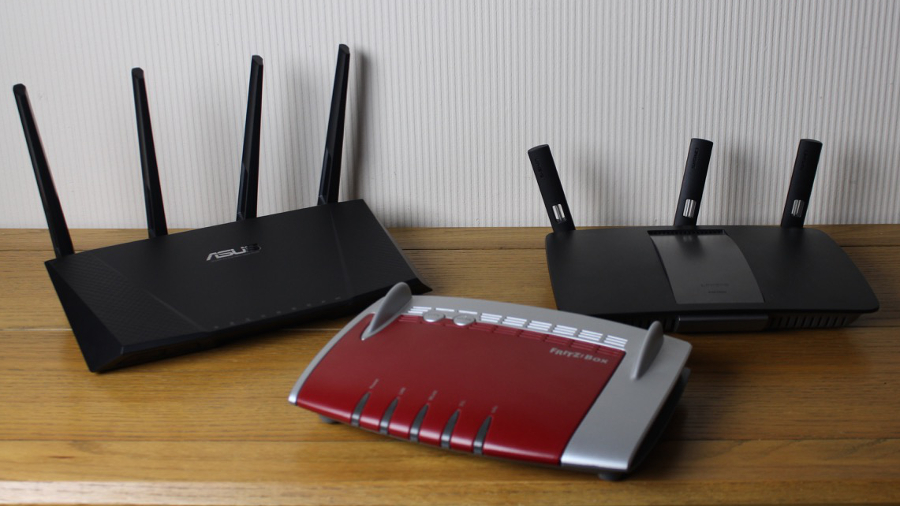Forget 802.11ac: Wi-Fi standards just got simpler and a lot easier to understand
Next-gen wireless networks will be Wi-Fi 6, and so on…

Sign up for breaking news, reviews, opinion, top tech deals, and more.
You are now subscribed
Your newsletter sign-up was successful
Changes are afoot to make the names of Wi-Fi standards like 802.11ac easier to understand by simplifying them to a plain single number.
To that end, 802.11ac – which is used by the majority of contemporary routers – will be renamed just Wi-Fi 5, and the preceding generation 802.11n tech will be called Wi-Fi 4, as you could probably guess. The incoming 802.11ax next-gen Wi-Fi will be – wait for it – yes, Wi-Fi 6.
This is much more comprehensible for the average consumer to grasp – a simple generational label much along the lines of mobile networks being 3G, 4G and the incoming 5G.
This move comes courtesy of the Wi-Fi Alliance, which noted that the current designations are too convoluted and sound far too technical, which is true enough. After all, who really needs five numbers, a full-stop, and extra letters when it comes to naming a wireless standard?
With the new scheme of things, device manufacturers and operating system developers can slap a simple label on their respective products, meaning consumers can more easily tell at a glance which wireless standards are supported.
Name game
Edgar Figueroa, president and CEO of the Wi-Fi Alliance, commented: “For nearly two decades, Wi-Fi users have had to sort through technical naming conventions to determine if their devices support the latest Wi-Fi.
“Wi-Fi Alliance is excited to introduce Wi-Fi 6, and present a new naming scheme to help industry and Wi-Fi users easily understand the Wi-Fi generation supported by their device or connection.”
Sign up for breaking news, reviews, opinion, top tech deals, and more.
Wi-Fi 6 (previously known as 802.11ax, as mentioned) is not only about improving speeds over Wi-Fi 5 (802.11ac) – although it will certainly be substantially faster – but it will also focus on ensuring better performance in environments with densely packed wireless signals, like blocks of apartments with routers aplenty.
- We show you how to get superfast Wi-Fi in every room
Darren is a freelancer writing news and features for TechRadar (and occasionally T3) across a broad range of computing topics including CPUs, GPUs, various other hardware, VPNs, antivirus and more. He has written about tech for the best part of three decades, and writes books in his spare time (his debut novel - 'I Know What You Did Last Supper' - was published by Hachette UK in 2013).